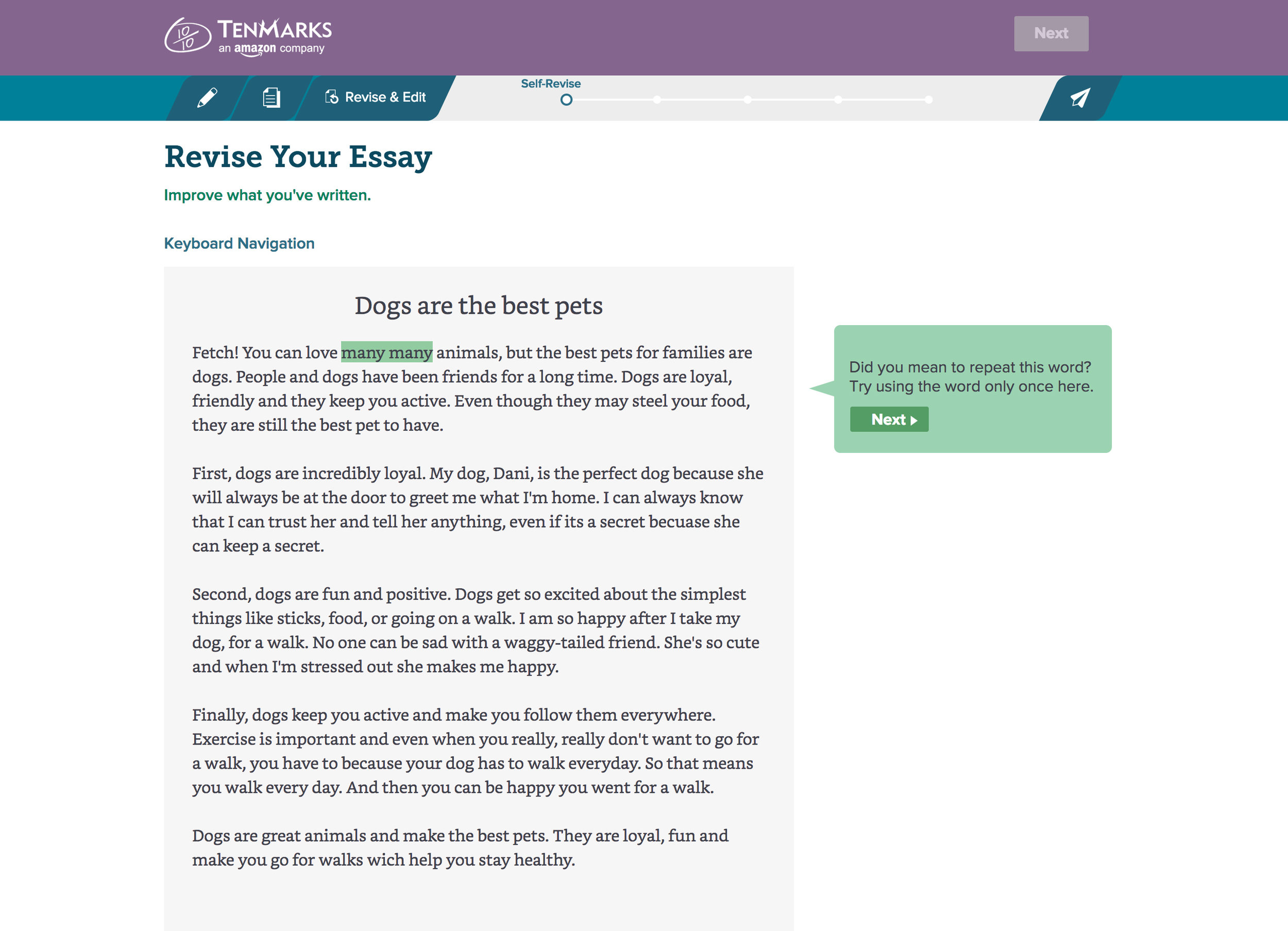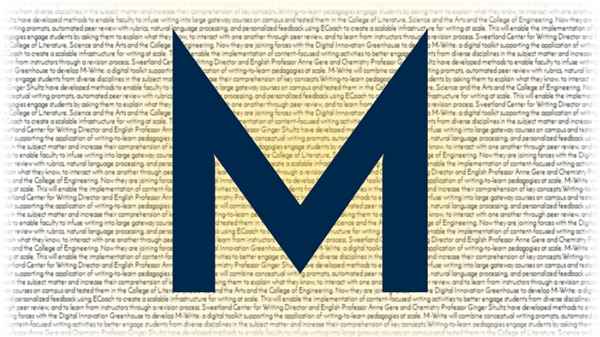Nowadays there’s a lot more content and conversations testing our use of language every day. We need better regulation mechanisms to avoid grammar and spelling errors becoming the new normal.
Photo: Bigstock
Academics know by heart that language is in an active process of change to keep serving us as a tool to understand and communicate our reality. The words we had 20 years ago are not the same that we use the most now, and probably in the next years, we would have shifted onto others.
Not long ago, our only vehicle for language evolution was books and live conversations, the bases from which we construct the rules for language has changed a lot in the last 20 to 30 years.
We live in a time of constant social change. These changes, along with an unstoppable charge of technologies advancements and the massive volume of conversations generated in the digital space, gives us the condition for a more agile and adaptable use of language than previous generations. But this may not be as good as it sounds.
The root of the problem
Language has always had two levels: casual and formal. Before the Internet and Social Media, the line between formal and informal communication was a lot clearer; therefore, the mechanisms that the academia used to regulate language were easy to put to work, an effective. We cannot say the same today.
The academia that creates the rules for the correct use of language, and the school, that educates in the execution of these rules are both surpassed by an enormous quantity of content and conversations. There’s a lot of people writing as fast as they can, and very few of them are correctly spell checking. Auto-regulation has become an invaluable choice, sadly not many of us know how to apply it.
>
“We have young professionals, fresh out of college that have all the skills to succeed, but if they cannot be coherent in the way they communicate ideas, companies will not hire them.”
Says Roslyn Petelin, an Australian English teacher. Things are not looking better for Spanish speakers, Inés Fernández-Ordoñez, a member of the Royal Spanish Academy and teacher, reports a high level of bad spelling and grammar even at college and postgraduate level, she finds this alarming.
For Fernández-Ordoñez, is not a matter of more relax grammar rules when you use language on the internet, it all comes to reading, or in her words, the lack of it.
>
“I think it has to do with the fact that people don’t read; they lack the habit of practice, composition, dictation.”
The expert explains. It is true that the problem is a little bit more complicated than that, but she does make a strong point of where could we start to build practices for better use of the language.
How to regulate our use of the language
The democratization of content has rendered academia and schools unable to tackle the grammar crisis on their own. Every one of us has to do our part to preserve the proper use of language as it changes to suit our communication needs. We need to be more precise and critic of how we use our words and why.
The first step is to take on the habit of reading. We have to read enough so we can tell a good composition apart from a flawed one. Another essential thing is to know the two levels of communications: formal and casual, as well as when to use which. A WhatsApp message to a relative or friend will not need the same rigor than a cover letter for a job. We need to get familiar with formal communication and practice it as much as we can.
Last but not least, it is imperative to understand that the autocorrect feature is not a grammar teacher, especially if we acknowledge the facts that it autocompletes words based on the ones we use the most, not in the ones we use correctly.
For all these strategies and others to work, we must stop seeing grammar and spelling as just another school subject and start teaching it as something more important: our central resource to understand to communicate, understand and connect to other people.
This article from Observatory of the Institute for the Future of Education may be shared under the terms of the license CC BY-NC-SA 4.0 
)
)











)
Andrés García Barrios
Andrés García Barrios
Andrés García Barrios